
Today’s city leaders face a level of complexity and rapid pace of change that can be overwhelming. Particularly in developing countries, urbanization is unfolding quickly and often haphazardly. One in three urban residents worldwide lack adequate access to at least one core service such as housing, transport, water, sanitation or energy. On top of this, cities are expected to bear the brunt of climate impacts in the coming decades. In this context, short-term, single-sector interventions are no longer sufficient. Urban transformation – that is, altering current trajectories toward equality, prosperity and sustainability – demands something more.
At WRI Ross Center we have long sought to implement and enable such multi-year, multi-sector solutions. Our presence in cities such as Mexico City, Bengaluru, Rio de Janeiro and Bogotá has taught us much about how to work across political administrations, build coalitions and catalyze the urban transformations necessary to build sustainable cities that work better for everyone.
These lessons have always been folded back into our work with other cities to some degree, but we are now launching an effort to do so even more systematically and to build similar “deep” engagements with new cities. WRI Ross Center’s Deep Dive Cities Initiative works with our network of offices globally to provide high-level advisory and technical support to priority cities and support the kind of long-term and cross-sectoral engagements that have worked elsewhere.
By bridging support across multiple political administrations and projects – including the many WRI projects often ongoing in deep dive cities – and building relationships with many stakeholders, we aim to unlock the implementation of more strategic, data-driven urban planning that can truly enable transformative change in cities. The initiative is currently entering its second two-year cycle, sharpening its objectives based on analysis of what has worked and not worked in the past and strengthening our activities in three key respects.
Analyzing the Impact of the Deep Dive Approach
To document the process and actions taken and analyze the impact of this deep dive approach to date, we have produced two practice notes analyzing WRI’s history of activity in Mexico City and Bengaluru. Capturing the tacit knowledge gained through more than a decade of collective experience across the organization is crucial for how we tell our story, track progress and impact, and learn from successes and challenges.
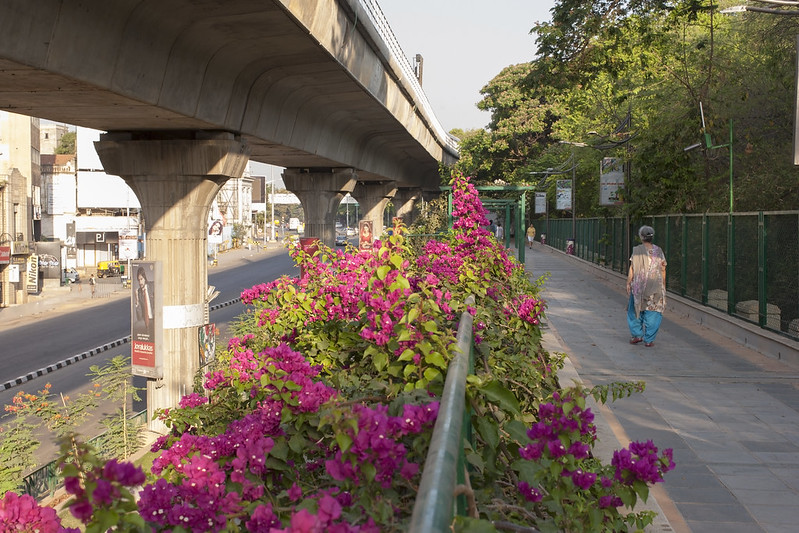
We undertook a literature review and decided to use Steffan Souejman Janus’s 2017 World Bank publication, Capturing Solutions for Learning and Scaling, as a framework around which to add study of entry points, ecosystem analysis and project-to-city impact tracing. Data limitations prevented these two studies from being identical, but the general approach was similar.
In the case of Mexico City, we undertook an accessibility analysis examining how introduction and expansion of the Metrobus bus rapid transit (BRT) system, first opened in 2005, helped contribute to improved mobility citywide. We compared levels of access to opportunities, using formal jobs as a proxy, within 30-minute trips using public transit and/or walking from different parts of the city. Results showed improved accessibility across the city over time as the Metrobus system expanded and other related projects, including public space improvements, also came online.
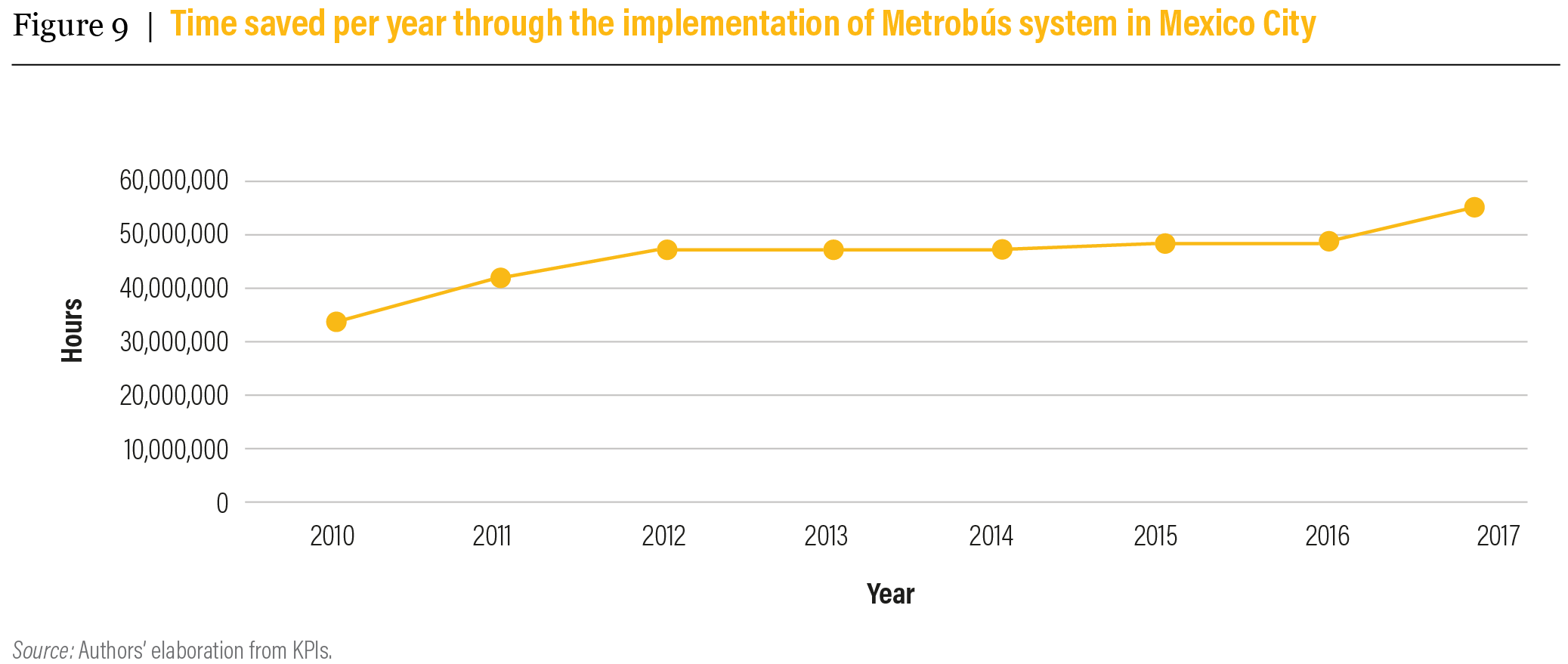
Over the next two decades, Mexico City’s positive experience with Metrobus led to new BRT systems being introduced in other Mexican cities, an integrated transport system for the capital and coalition building around safe and accessible mobility through various projects. This momentum, spearheaded by the WRI México office, and previously EMBARQ and CTS, also helped enable work on land use, water and energy efficiency.
In Bengaluru, work with the city also began with a focus on public transport, starting with catalyzing and helping to implement strategic projects in sustainable transport and transit-oriented development including bus route rationalization, last-mile connectivity and road safety initiatives. These engagements forged strong, lasting relationships with public agencies and other civil society actors and built the credibility of WRI India as a trusted knowledge partner and advisor.
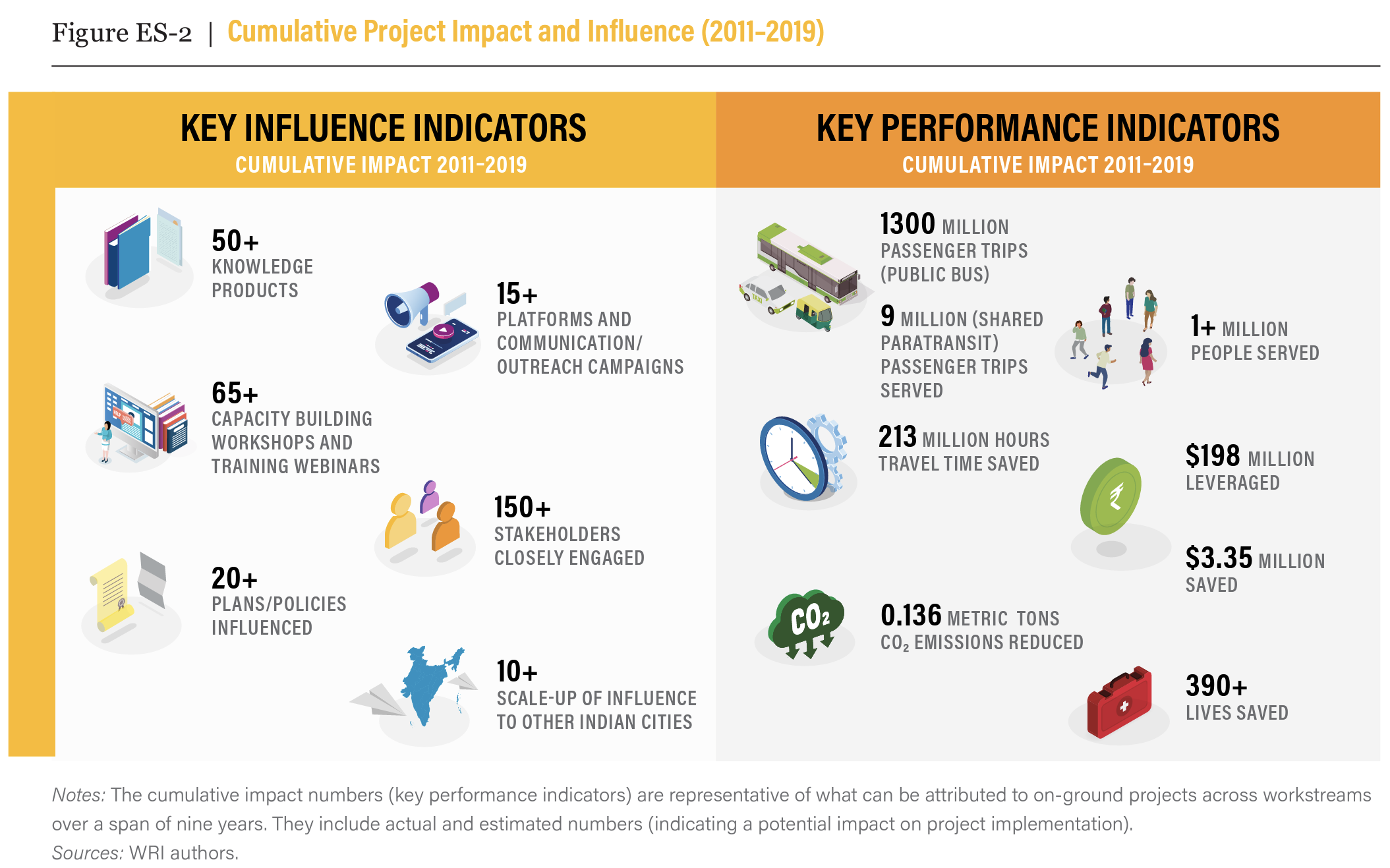
A more in-depth examination of activity and impact in both cities will follow in future blogs, but there were common lessons identified. In both cases, the trust built through intervention in early transport projects led to opportunities in other sectors. In both cases, success factors included flexibility and sustained physical presence, demonstration of impact through on-the-ground projects, innovative and evolving formats for stakeholder engagement, and the ability to leverage relationships and partnerships for ecosystem evolution. There were common challenges too, including political and bureaucratic changes, getting alignment among so many stakeholders, and achieving short-term successes to satisfy both funders and stakeholders.
Lessons Learned
Based on this experience, we are now shaping the Deep Dive Cities Initiative around three primary lessons learned:
Long-Term Partnership
The first is that transformative change in cities requires long-term commitment. The Deep Dive Cities Initiative is tailored to engage those cities where WRI has had several years of engagement already and we understand the challenges and key issues that require advice and support. By combining long-term engagement with flexibility, our approach is designed to transcend short-term political and financial changes while remaining responsive to emerging opportunities.
By providing seed funding where exciting opportunities arise and investing more time and money into priority cities as engagement deepens, we can support long-term engagement beyond a single project cycle. We can also take lessons learned from these engagements, synthesize and expand the approach into new cities.
In Mumbai, for example, WRI has had a presence in a variety of sectors for over a decade. Through the new targeted Deep Dive Initiative, building on trust built over the years, deeper ties with the agency behind the city’s climate action plan have been forged. WRI India is helping to ensure the successful implementation of the climate action plan by supporting the development of a climate budget and the hiring of climate experts within the municipal agency. We expect future opportunities to support innovative fundraising, technical solutions and monitoring of impact to arise as engagement continues.
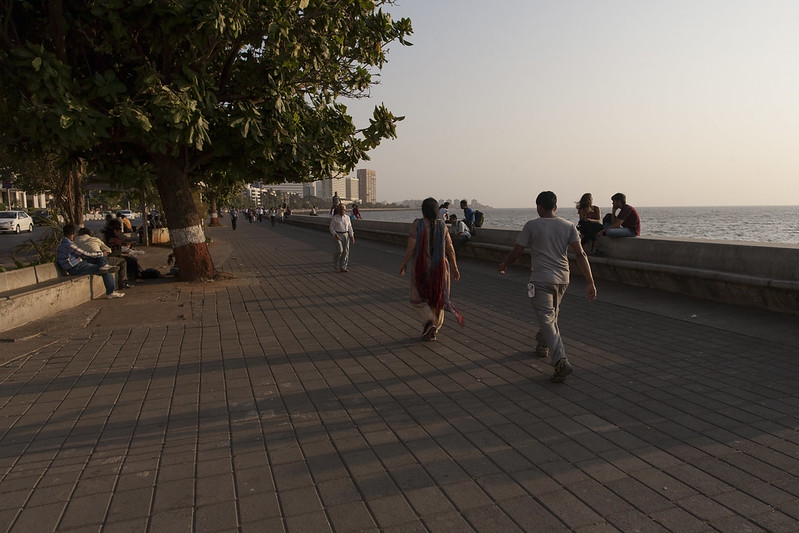
Knowledge Application and Generation
All WRI projects are evidence-based initiatives that also seek to generate new data to inform the next solution. The Deep Dive Cities Initiative works to strengthen this synergy by integrating the often-separate aspects of sustainability and city planning to better address complex challenges and creating a track record of knowledge that extends beyond a single project.
In Bogotá, this approach has contributed to implementation and study of the impact of “green corridors” and their ability to increase economic development and improve air quality. In Shenzhen, it has enabled research on the impact of low-carbon development to inform municipal carbon neutrality policies. In Istanbul, surveying residents about their transportation habits and needs has led to targeted active mobility campaigns that are increasing the percentage of trips taken by walking and cycling. In Kochi, data analysis of vulnerable neighborhoods has led to a shift in the city’s disaster management plan from rescue and recovery to more robust resilience and preparedness.
Collaboration with experts on research design, data analysis and capacity development bring additional support to projects that might not otherwise have such specialized knowledge. By effectively utilizing a broader expertise base and WRI’s commitment to evidence-based action, the Deep Dive Cities Initiative helps clarify the complexity of issues facing modern cities and spotlight lighthouse examples that can guide effective action in cities worldwide.
Engagement and Trust
Finally, there is a third and vital component to the Deep Dive Cities Initiative. To advance and accelerate support for more livable cities and to create the enabling environments for a just transition to green growth that leaves no one behind, we focus on creating trust and deep relationships.
Part of this is accomplished simply by working in a place over a long period of time, but it is also about how we engage and carry out activities. For most priority cities, such as Istanbul and Addis Ababa, WRI experts live and work alongside community stakeholders, government officials, advocacy organizations and businesses. Workshops, research projects and engagements are co-created between local WRI experts and local city stakeholders.
For example, in Guadalajara, the Metropolitan Planning Institute of the Guadalajara Metropolitan Area and the State of Jalisco have identified knowledge gaps in their departments and co-developed trainings and workshops with WRI on integrated urban planning and air quality. This ongoing collaboration is resulting in deeper, contextual knowledge about the city and helping to ensure the relevance of new projects to the needs of stakeholders.
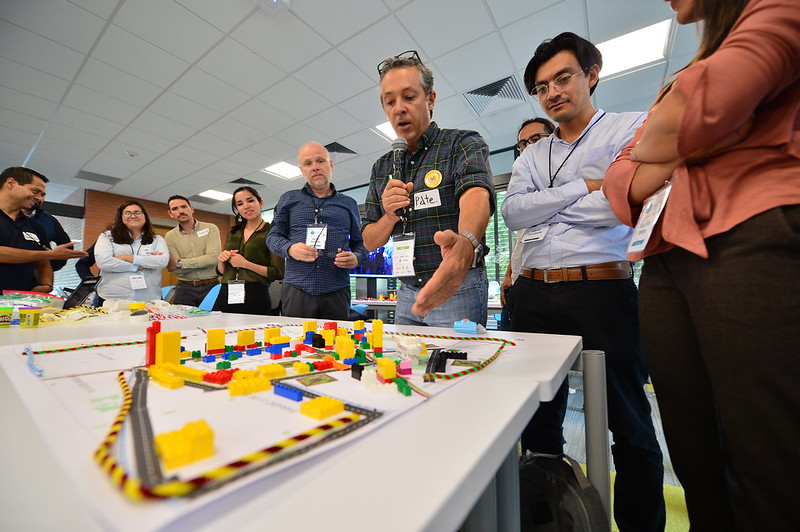
This relationship building is deeply tied to the longevity of WRI’s work. In some cases, it allows projects to succeed despite political or economic disruptions that might otherwise derail urban transformation. Through WRI’s role in global city networks and coalitions, it also creates an opportunity for local city leaders to learn from one another and introduce new ideas and approaches into the broader global agenda, including around core concerns like equitable development, climate justice, and sustainable and safe transportation.
—
The Deep Dive Cities Initiative is designed to build on and amplify what we see as key learnings of past successes (and failures). As work progresses for the second cycle of this initiative, we will continue to track lessons learned in priority cities about long-term urban transformation. In future blogs, we will also dive deeper into the history of projects in Mexico City and Bengaluru to learn more about how impact expanded over time and across sectors. By building an ever-growing constellation of impactful solutions, cross-cutting knowledge and committed champions, we hope to scale up and scale out WRI’s integrated urban planning approaches while remaining true to unique local contexts.
Robin King is Director of Knowledge Capture & Collaboration for WRI Ross Center for Sustainable Cities.
Pablo Lazo is Acting Director of Urban Development for WRI Ross Center for Sustainable Cities.
Rivvy Eisenberg is Grants & Finance Specialist for WRI Ross Center for Sustainable Cities.
Clare Blackwell is a Research Analyst for the Transformative Urban Coalitions initiative within WRI Ross Center for Sustainable Cities.





